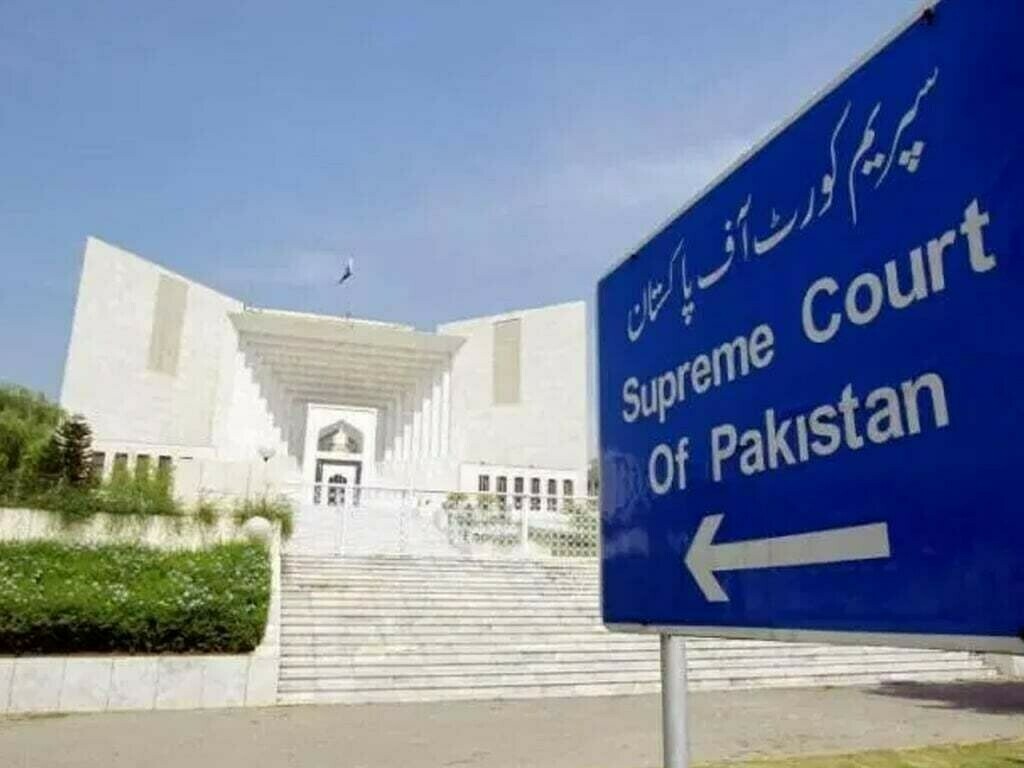ISLAMABAD: The Supreme Court issued notices on the petition of Commissioner Appeals of Sindh Revenue Board that whether co-location services fall within the definition of “telecommunication services”.
A two-judge bench, headed by Chief Justice Yahya Afridi and comprising Justice Miangul Hassan Aurangzeb on Wednesday heard the Sindh Revenue Board’s appeal against the Sindh High Court judgment.
Uzair Karamat Bhandari, representing the Board, contended that the crucial question is whether the co-location services being provided by the M/s Cubexs Private Limited (respondent) fall within the definition of “telecommunication services” as provided in Section 2 (97) read with the relevant Tariff Heading/Sub-heading in the Second Schedule to the 2011 Act.
It is argued in the petition that the high court has erroneously determined that the nature of the co-location services being provided by the respondent is different from “telecommunication services” within the meaning of the 2011 Act.
It is submitted that the high court has interfered with the factual findings of the Appellate Tribunal and two departmental fora without dealing with the underlying basis upon which the findings were reached. It has failed to even note the findings of the lower fora all of which have held that the nature of the co-location services is such that they come within the definition of “telecommunication services”.
The high court has also overlooked the fact that in its various pleadings, the respondent has itself accepted that it provides bandwidth services as part of the overall co-location services provided by it, and more importantly, the fact that the Co-Location Agreement itself envisages the provision of Network/Local Area Network (LAN) as well as smart hand support/other manages services.
It further said that the high court has erred in interfering with the finding of the lower fora in relation to the nature of the services being provided by the respondent. It is a settled proposition of law that the appellate tribunal is the final fact-finding forum after which all questions of fact attain finality.
The high court has erroneously placed reliance on foreign judgments and material to hold that the co-location services being provided in the instant case do not qualify as “telecommunication services”. The international material relied upon in the impugned judgment is either irrelevant or goes against the conclusion reached by the high court, added the petition.
Copyright Business Recorder, 2025




















Comments